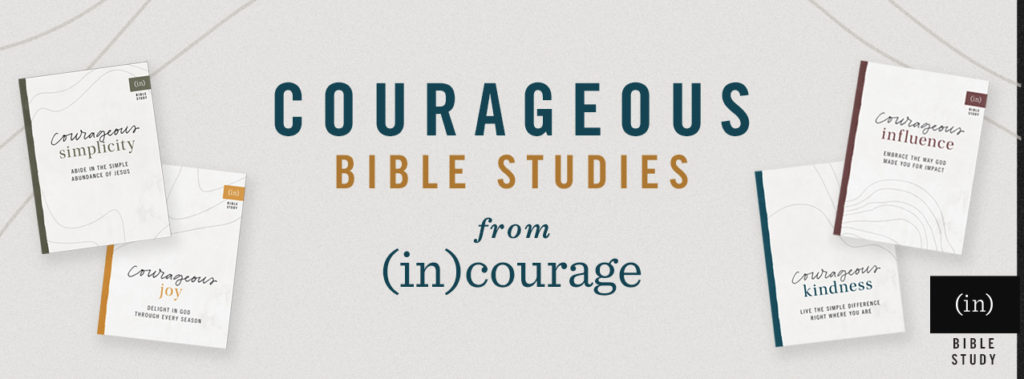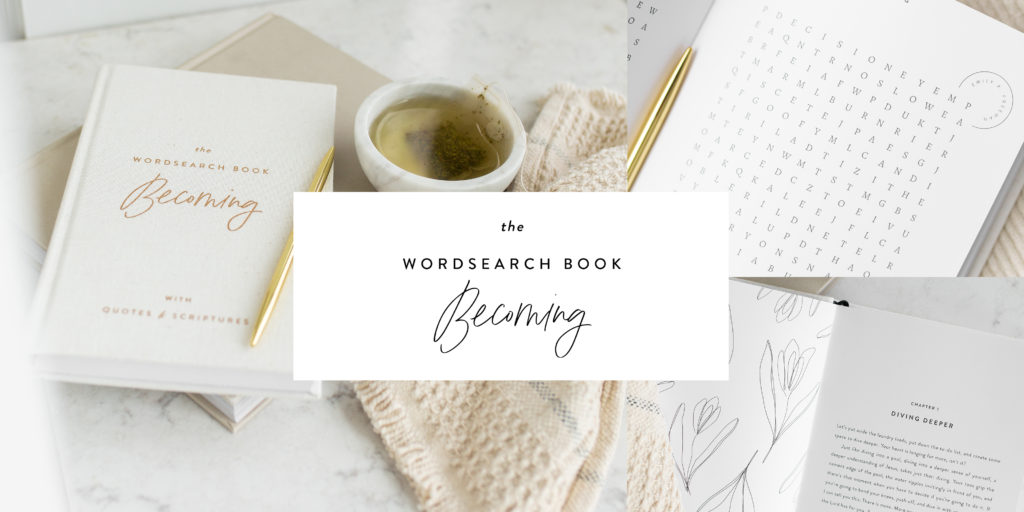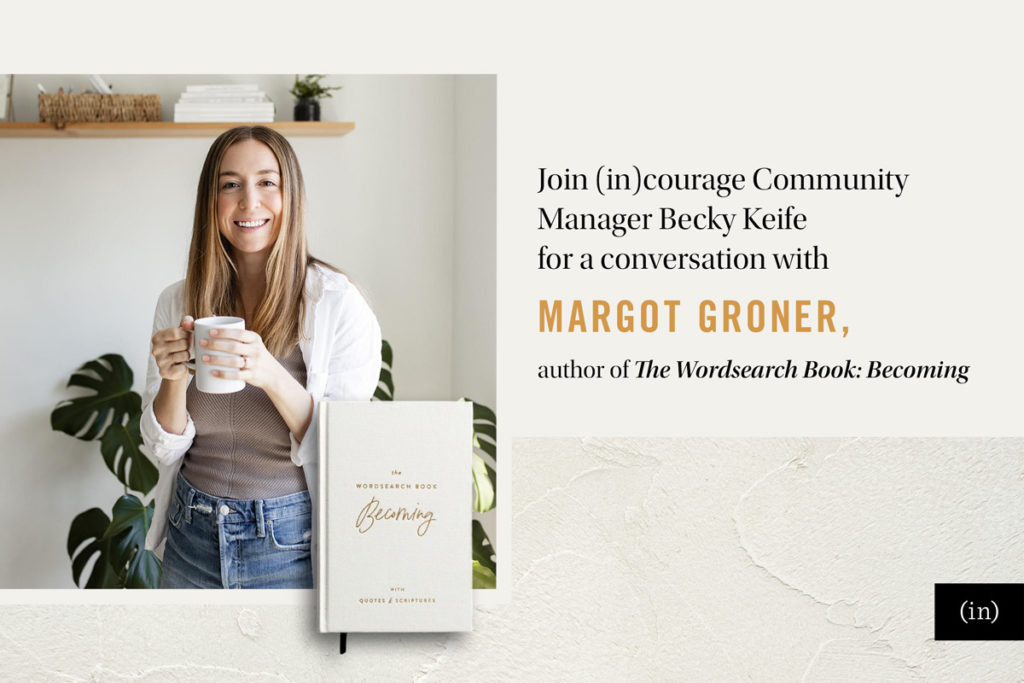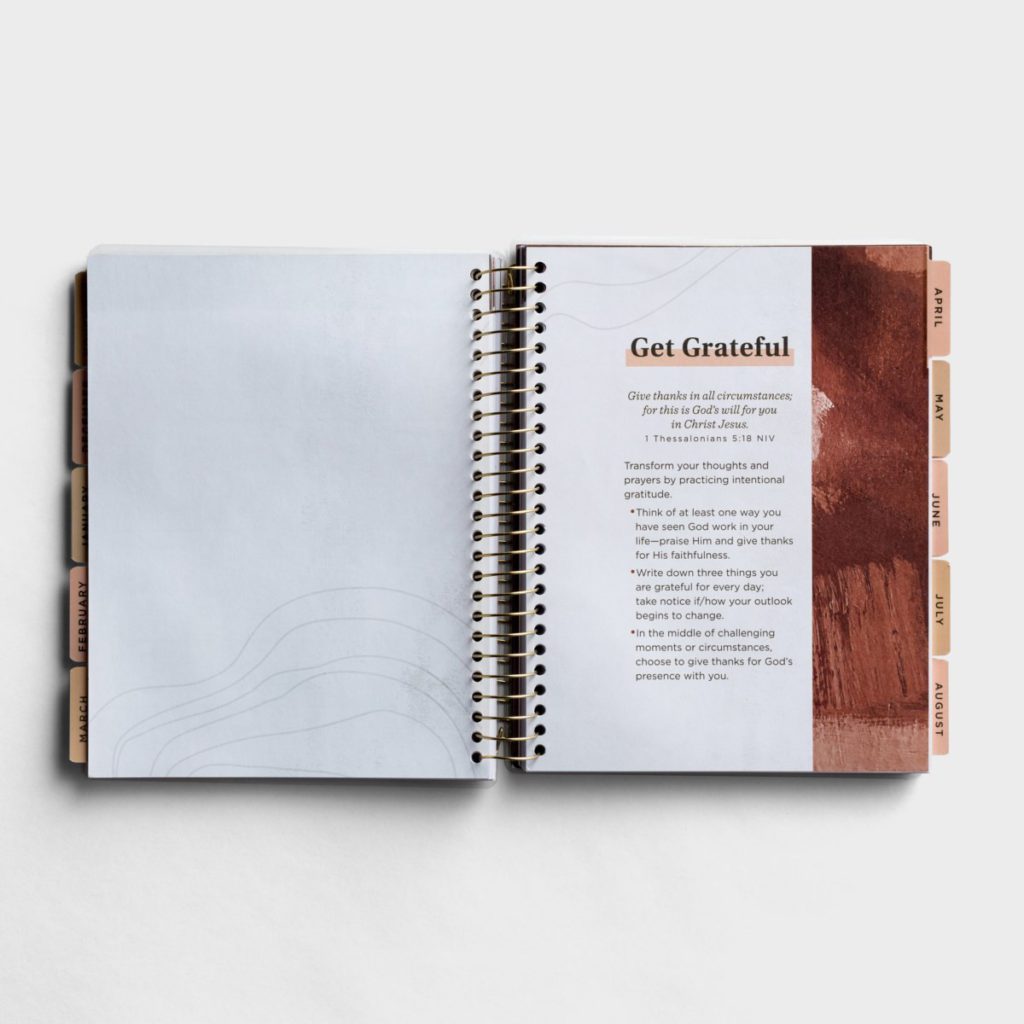2020 was the year that the young, fictional Alexander might describe as a “terrible, horrible, no good, very bad” year.
And what do you do for a year like that? Well, if you’re me, you take a lot of walks.
Last year, I walked more miles along our rural Iowa country roads than I had in the previous ten years combined. On my walks, I discovered what I hadn’t seen before. I found a wild asparagus patch in the ditch near our home. I learned where all the neighborhood sparrows were nesting. And I observed the neighbor’s cattle cooling off in a shallow stream on hot afternoons.
But my favorite discovery of all was a plant I found growing up through the gravel of our dusty country driveway. It was a mustard plant, technically a weed (though that all depends on your perspective). In my way of thinking, this weed was exquisite, with delicate yellow crowns sitting atop slender green stems.
One day last summer, a bunch of my friends began posting pictures of beautiful landscapes onto their Facebook profiles. It was a community effort to help us all remember how beautiful the world really is and that the majesty of oceans and mountain vistas and faraway places would be waiting for us once we could all travel again. I liked that idea a lot and thought it would be fun to take part in making Facebook a prettier place. But instead of posting a photo from a past vacation to the beach, I went outside and took a picture of that humble little weed in the driveway.
The plant reminded me of a couple of things:
- Beauty isn’t something to be found in some future time or place. There is beauty right now, if we slow down enough to really see it.
- With enough determination, beautiful things can grow anywhere — even in a hard place. Even in me. That mustard plant epitomized the old saying, “Bloom where you are planted.”
I don’t know who else needs to hear this right now, but God is growing you, even if you’re in a hard place right now. Maybe you are having a hard day, a hard season, a hard year. Hard days don’t disappear in a post-pandemic world. Like you, I am dealing with hard things in my life, even as I type these words.
As a result, I have found myself asking God this question: “How can you grow me in this place and in this season?” His answer: Consider Joseph.
Joseph was a lot like that mustard plant. He literally grew up in hard places — tossed into a pit at age seventeen and later into a prison. What I find especially remarkable is that when Joseph finally became a father, he named one of his boys Ephraim. Do you know why he picked that name? Let Joseph tell you:
“It is because God has made me fruitful in the land of my suffering” (Genesis 41:52 NIV).
It floors me to think that God can make something out of the hard seasons I find myself in. I can bear fruit, even in the “land of my suffering.” My first way of praying when I am in my own land of suffering isn’t to figure out how to be fruitful in that land. I want to get out of that land! I want to escape that hard season, that hard year, that hard _______________ (fill in the blank).
Both Joseph and that mustard plant from summer 2020 teach me that it’s possible to be fruitful in a hard place.
Oswald Chambers wrote these words in his classic devotional My Utmost for His Highest: “‘Consider the lilies of the field’ — they grow where they are put. Many of us refuse to grow where we are put, consequently we take root nowhere. Jesus says that if we obey the life God has given us, He will look after all the other things.’
I pray that today I may have the faith to know that God is growing me even here, and that He was growing me in 2020, as horrible as it was. I pray that I don’t have to wait for another time or place to find beauty around me and in me. I can put down deep roots wherever I am, like a simple mustard plant on a long country lane.
And I pray the same for you.


 We know that in order to really live our lives deeply and remain connected to Jesus, we need to know what the Bible says. Our
We know that in order to really live our lives deeply and remain connected to Jesus, we need to know what the Bible says. Our 


